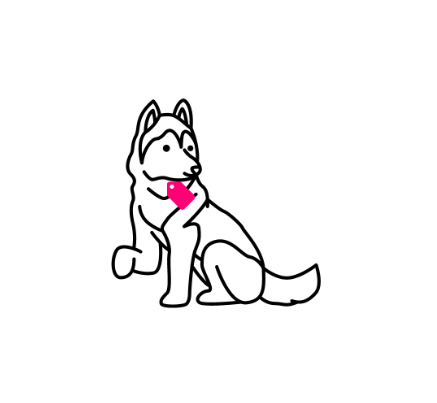Opposition
Pin Finds Ltd [“Our client”] provide a user generated content video hosting software application. We filed the following four UK trade mark applications for our client:
- UK trade mark registration no. 3462768 PIN FINDS in Classes 9, 25, 38, 41, 42;
- UK trade mark registration no. 3462782 PIN FINDS logo in Classes 9, 25, 38, 41, 42;
- UK trade mark registration no. 3531593 PIN FINDS in Classes 35 and 45; and
- UK trade mark registration no. 3531622 PIN FINDS logo in Classes 35 and 45
Our client’s UK trade mark nos. 3531593 and 3531622 in Classes 35 and 45 were opposed by Pinterest Inc. [“Pinterest”]. Invalidity actions were also filed against our client’s UK trade mark nos. 3462782 and 3462768. Pinterest relied on their earlier UK trade mark registration for “PIN”.
Pinterest relied on section 5(2)(b) of the Trade Marks Act 1994 for their oppositions and cancellation actions. This section states that a trade mark shall not be registered if it is identical / similar to an earlier mark and covers similar/identical goods & services to those for which the earlier mark is registered, thereby leading to a likelihood of confusion between the trade marks in the marketplace.
Settlement discussions
Pinterest initially threatened to sue our client in Court for trade mark infringement and passing off. Despite our attempts to negotiate an amicable resolution with Pinterest, they adopted an aggressive stance by pursuing the opposition and invalidity actions and closing all avenues for a satisfactory settlement. As a start up business, our client felt that it was being cornered by a large company, which only strengthened its resolve to defend its trade mark rights.
Legal arguments
We were instructed by our client to file a form TM8 and counterstatement [i.e. a defence], denying Pinterest’s opposition in its entirety. In particular, it was argued that:
- the marks “PIN FINDS” and PIN” are visually, aurally and conceptually dissimilar;
- the element “FINDS” is the dominant and distinctive element of “PIN FINDS”;
- not all of the goods and services are similar and/or identical;
- the average consumer’s attention in the software industry will be high; and
- there would be no likelihood of confusion between the marks.
The evidence that we submitted for our client highlighted the commonality of the word “PIN” in the software industry [and other industries], as well as demonstrating the descriptive nature of the word “PIN” in the software sector as a “pin tool”.
We also filed detailed written submissions, expanding in detail on many of the points raised in our defence.
Opposition decision
The oppositions and cancellation actions filed by Pinterest failed in their entirety. Our client was wholly successful and was awarded costs in the sum of £1,000.
Conclusion
This decision demonstrates that trade mark applicants should be confident in defending their rights when one element of their mark is considerably different to the remaining elements of the earlier trade mark. Despite the vast resources available to Pinterest, this case shows that strong-arm tactics deployed by larger companies cannot override persuasive, detailed and robust submissions and evidence submitted at the UK IPO.




